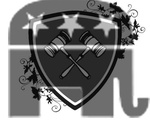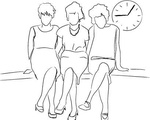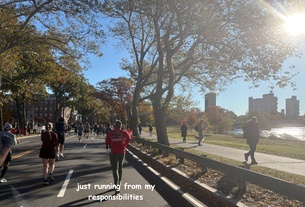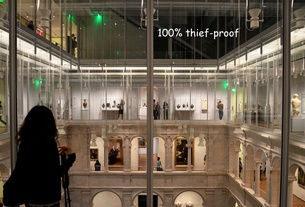Class of 1962
Student Council Controversy Reflects 1960s Politics
The creation of the Harvard Council for Undergraduate Affairs, touted as a governing body that would better represent its undergraduate constituents, embodied the shifting campus political sentiment.
NDEA Grants Ignite Debate Over Cold War Loyalty
In November 1959, Harvard withdrew from the NDEA student loan program, joining universities from across the country in protest against the affidavit and the limitations on free speech that it entailed.
Health Center Opens Doors on Holyoke Street
In the fall of 1961, the opening of the new health center on Holyoke Street was the culmination of a multi-year push to improve student health services on campus.
Tocsin Brings Harvard to Forefront of Student Movement
Founded a decade before activism on campus peaked with the 1969 takeover of University Hall, Tocsin signaled of the start of Harvard’s student movement.
Project Tanganyika Fosters International Service
The first PBHA program that took students abroad, Project Tanganyika represented the widespread idealism that emerged at Harvard during the early 1960s.
Radcliffe Breaks the Curfew
During the 1961-’62 school year, debates over the purpose of curfews and other rules for the proper conduct of a Radcliffe student were symptomatic of the emerging revolution in the role of women on Harvard’s campus and beyond.
Harvard LSD Research Draws National Attention
The Harvard Psilocybin Project propelled Harvard to the center of national media attention when details of the project's administration of hallucinogenic drugs to students were exposed in the spring of 1962.
Barney Frank
Congressman Barney Frank ’61-’62 has made a name for himself as not only one of the most effective members of Congress, but also one of the fiercest and most formidable.
Roald Hoffmann
A world-class chemist and the 1981 Nobel laureate in chemistry, Roald Hoffmann, who received a Ph.D. in chemical physics from Harvard in 1962, is also the author of five books of poetry and three plays.
Theodore J. Kaczynski
Theodore J. Kaczynski ’62 entered Harvard in the fall of 1958 at the age of 16 as a shy, Chicago-raised mathematics prodigy. Twenty years after he took his first class in the Yard, he would mail his first home-made pipe bomb.
Laurence H. Tribe
Despite his long-held interests in issues of justice, few who knew Laurence H. Tribe ’62 as an undergraduate had any idea that he was destined for a career in law.
John C. Culver
Former Iowa Senator John C. Culver '54, who graduated from Harvard Law School in 1962, has been a life-long supporter of Harvard's Institute of Politics.
Margaret E. Atwood
Though Margaret E. Atwood’s time at Radcliffe was littered with obstacles—from gender-based discrimination to cut-throat competition within the English department—she was, and has remained, an unfailingly positive and patient woman.
Elizabeth Holtzman
As a student at Radcliffe College, Elizabeth Holtzman ’62. who would later go on to hold some of the highest offices in New York government, had her first taste of political organizing.
Thomas E. Petri
Congressman Thomas E. Petri ’62 got his first taste of the life of a politician when he was still an undergraduate living in Quincy House.








